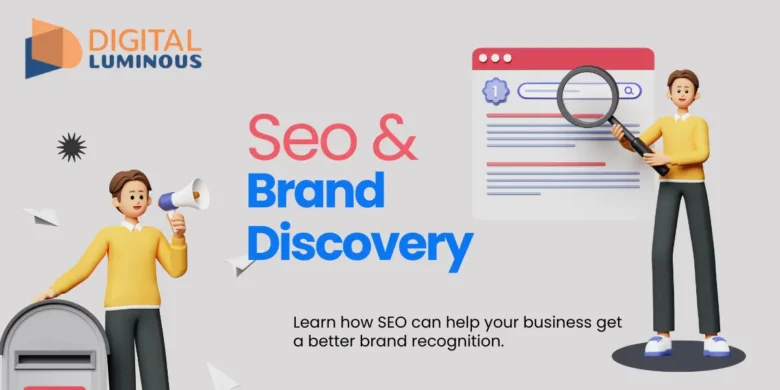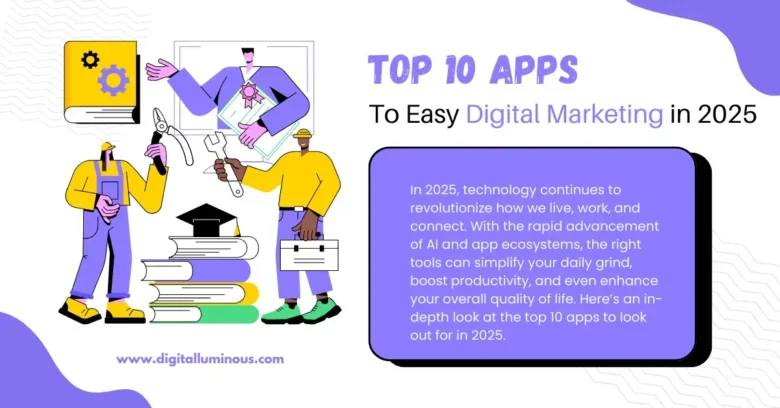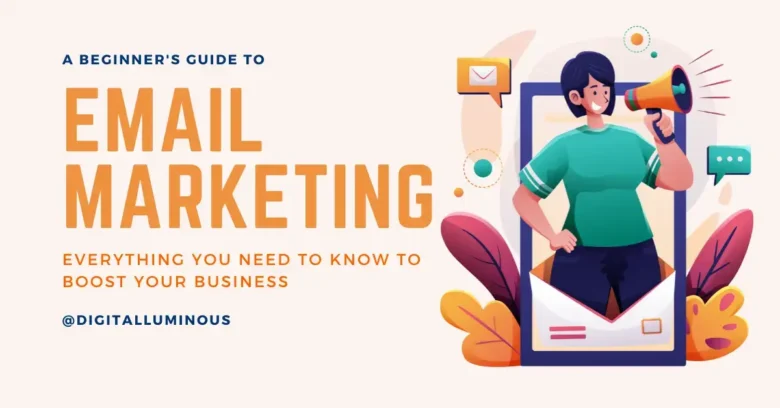
Affiliate marketing is a powerful strategy for businesses and individuals alike to earn passive income by promoting products or services and earning a commission for each sale or lead generated.
In this comprehensive beginner’s guide, we’ll delve into the fundamentals of affiliate marketing, exploring its benefits, strategies, and practical tips for success.
What is Affiliate Marketing?
- Concept of Affiliate marketing:
Affiliate marketing is a performance-based marketing strategy where affiliates- publishers (you) promote products or services through unique affiliate links provided by merchants (brands).
When a customer makes a purchase or takes a desired action through the affiliate link, the affiliate earns a commission.
- History of Affiliate Marketing:
Tracing the origins of affiliate marketing back to the 1990s with the launch of the Amazon Associates program, followed by its evolution into a multi-billion-dollar industry fuelled by technological advancements and digital innovation.
- Role of Affiliates, Merchants, and Networks:
Understanding the roles of affiliates, merchants, and affiliate networks in the affiliate marketing ecosystem. Affiliates create content and promote products, merchants offer affiliate programs, and affiliate networks facilitate partnerships and provide tracking and reporting tools.
Example: Tom, a tech enthusiast based in San Francisco, joins an affiliate program offered by an e-commerce platform to promote the latest gadgets and tech accessories on his YouTube channel. Whenever his viewers click on the affiliate links in his video descriptions and make a purchase, Tom earns a commission, demonstrating how affiliates promote products to their audience and earn commissions for referrals.
Benefits of Affiliate Marketing

- Passive Income Potential:
Affiliates have the opportunity to earn passive income by promoting products or services without the need for product creation, inventory management, or customer support.
- Less Barrier for Entry:
You don’t need a significant investment to get started. All you need is a platform to promote the affiliate links, such as a website, social media account, or email list.
- Flexibility and Freedom:
Affiliate marketing offers flexibility in terms of work hours and location, allowing individuals to work from anywhere with an internet connection and manage their own schedules.
- Low Risk and Investment:
Unlike traditional businesses that require significant upfront investment, affiliate marketing requires minimal investment in website hosting, domain registration, and marketing tools, making it accessible to individuals with limited resources.
- Performance-Based Earnings:
Your income is directly tied to your efforts. The more effectively you promote affiliate products, the higher your potential earnings.
- Scalability:
Affiliates can scale their affiliate marketing efforts by diversifying their promotional channels, partnering with multiple merchants, and optimizing their campaigns for increased earnings.
Example: Emily, a stay-at-home mom from Los Angeles, appreciates the flexibility and freedom that affiliate marketing offers. She creates content about parenting, home organization, and healthy living on her blog and earns passive income through affiliate partnerships with brands that offer products relevant to her audience.
How Affiliate Marketing Works?
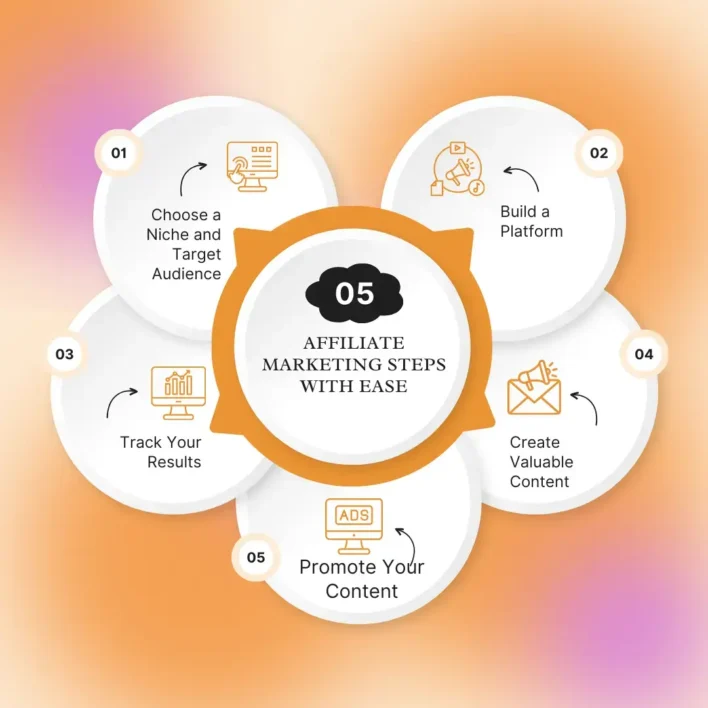
- Choose a Niche and Target Audience:
Begin by identifying a niche that aligns with your interests and expertise. Research your target audience within that niche to gain insights into their preferences, pain points, and purchasing behavior.
Understanding your audience will enable you to tailor your content and marketing strategies effectively to resonate with them.
- Build a Platform:
Establish a strong online presence by creating a website, blog, or social media profiles that cater to your chosen niche.
Your platform will serve as the foundation for promoting affiliate links and engaging with your audience. Choose platforms that are relevant to your niche and where your target audience is most active.
- Create Valuable Content:
Focus on creating high-quality content that adds value to your audience’s lives.
Whether it’s informative blog posts, engaging videos, visually appealing infographics, or entertaining social media updates, ensure that your content educates, entertains, or solves problems for your audience. Integrate affiliate links seamlessly into your content to promote relevant products or services.
- Promote Your Content:
Utilize various marketing channels to promote your content and attract organic traffic to your platform.
Implement social media marketing strategies, leverage email marketing campaigns, and optimize your content for search engines to reach a wider audience.
By promoting your content strategically, you can increase visibility and drive traffic to your affiliate links.
- Track Your Results:
Monitor the performance of your affiliate marketing efforts using analytics tools provided by the affiliate programs you’re enrolled in.
Track key metrics such as click-through rates, conversion rates, and revenue generated to assess the effectiveness of your campaigns.
Analyze the data to identify trends, understand what resonates with your audience, and make informed decisions to optimize your affiliate marketing strategy for better results.
Example: Mike, a fitness coach from Chicago, promotes workout supplements and fitness equipment through his website and social media channels. He includes affiliate links in his blog posts and social media posts, tracking the referrals and commissions earned for each sale generated through his promotional efforts.
Affiliate Marketing Strategies:
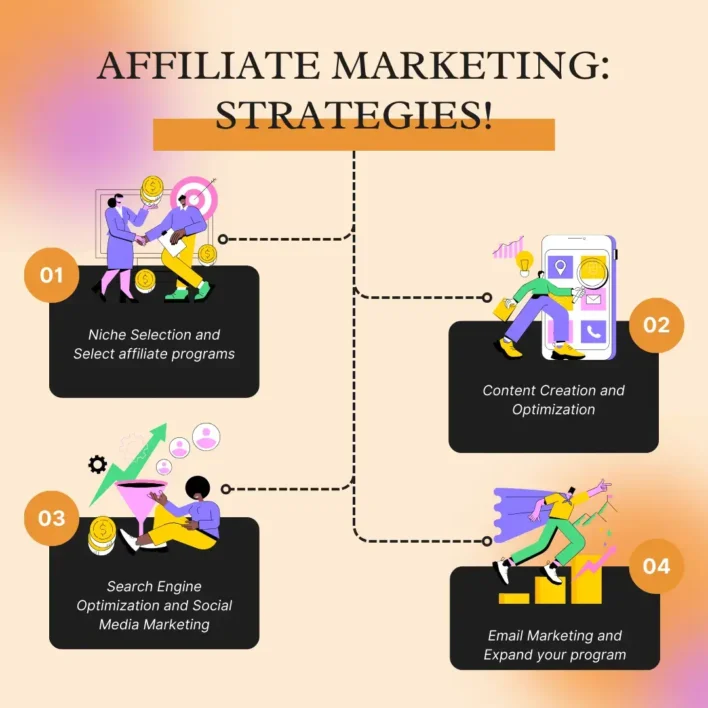
- Niche Selection:
Choosing a profitable niche based on market demand, competition analysis, and personal interests or expertise.
Examples include health and wellness, personal finance, beauty and skincare, technology, and travel.
- Content Creation:
Creating high-quality content such as blog posts, product reviews, tutorials, comparison guides, and videos to attract and engage potential customers.
Content should provide value, address pain points, and offer solutions that align with the affiliate products being promoted.
- SEO and Keyword Research:
Optimizing content for search engines by conducting keyword research, identifying relevant keywords with high search volume and low competition, and incorporating them strategically into content, meta tags, and URLs to improve organic visibility and attract targeted traffic.
- Social Media Marketing:
Leveraging social media platforms such as Facebook, Instagram, Twitter, Pinterest, and LinkedIn to promote affiliate products, engage with followers, and build a loyal audience.
Affiliates should create compelling content, interact with followers, and utilize features like hashtags, stories, and live streams to drive engagement and conversions.
- Email Marketing:
Building an email list of subscribers interested in the affiliate niche or products and nurturing them with valuable content, promotions, and exclusive offers.
Email marketing allows affiliates to establish a direct line of communication with their audience, build trust and rapport, and drive repeat sales and referrals.
Example: Jessica, a travel blogger from Miami, monetizes her blog by partnering with travel companies and promoting vacation packages, hotels, and travel gear to her audience. She creates comprehensive travel guides, destination reviews, and packing lists, incorporating affiliate links to recommended products and services.
Examples of Successful Affiliate Marketing:
- Affiliate Blogs:
Highlighting successful affiliate bloggers who have built profitable businesses by creating valuable content, attracting targeted traffic, and monetizing their websites through affiliate partnerships.
Examples include personal finance bloggers recommending financial products, travel bloggers promoting travel gear and accommodations, and lifestyle bloggers endorsing beauty and fashion products.
- Influencer Partnerships:
Showcasing influencers across various niches who have effectively monetized their social media following by partnering with brands and promoting affiliate products.
Examples include fashion influencers sharing outfit ideas and clothing recommendations, fitness influencers endorsing workout equipment and supplements, and home decor influencers featuring home improvement products and furnishings.
- Case Studies:
Sharing real-life case studies of affiliate marketers who have achieved significant success through strategic planning, execution, and optimization of affiliate campaigns. Case studies provide actionable insights, best practices, and practical tips for beginners looking to replicate their success.
Examples include affiliate marketers in niche industries like software, e-commerce, health and wellness, and digital education sharing their journey, challenges, and key learnings.
Conclusion
Affiliate marketing offers a wealth of opportunities for individuals to generate passive income, build sustainable online businesses, and achieve financial freedom.
By understanding the fundamentals of affiliate marketing, implementing effective strategies, and continuously optimizing campaigns, beginners can embark on a rewarding journey towards affiliate success in the dynamic digital landscape.
Remember, success in affiliate marketing takes time and consistent effort.
By focusing on building a strong online presence, creating valuable content, and promoting your affiliate links strategically, you can establish yourself as a trusted resource in your niche and generate a sustainable income stream.
FAQs
Is affiliate marketing suitable for beginners?
Yes, affiliate marketing is beginner-friendly as it requires minimal upfront investment and technical expertise. Beginners can start by joining affiliate programs, choosing products relevant to their niche or audience, and promoting them through various channels like blogs, social media, or email marketing.
How do I become an affiliate marketer?
To become an affiliate marketer, you can sign up for affiliate programs offered by merchants or join affiliate networks that connect affiliates with multiple merchants. Once approved, you’ll receive unique affiliate links to promote products or services and earn commissions on sales generated through your referrals.
Do I need a website to do affiliate marketing?
While having a website can enhance your affiliate marketing efforts, it’s not always necessary. Affiliates can promote products through various channels like social media, email newsletters, YouTube videos, or even mobile apps. However, a website provides a centralized platform to publish content, build an audience, and track affiliate links.
How do affiliate marketers get paid?
Affiliate marketers typically get paid through various commission structures, including pay-per-sale, pay-per-lead, or pay-per-click. Commissions can be a percentage of the sale amount or a fixed monetary value, depending on the affiliate program’s terms.
Are there any costs associated with becoming an affiliate marketer?
In most cases, there are no upfront costs to join affiliate programs or networks. However, affiliates may incur expenses for website hosting, marketing tools, or paid advertising to promote affiliate products effectively.
What are affiliate networks, and how do they work?
Affiliate networks act as intermediaries between affiliates and merchants, providing a platform for affiliates to discover and join multiple affiliate programs. These networks facilitate tracking, reporting, and payment processing, making it easier for affiliates to manage their partnerships with various merchants.
How do I choose the right affiliate products or programs to promote?
When choosing affiliate products or programs to promote, consider factors such as product relevance to your audience, commission rates, merchant reputation, affiliate support, and promotional resources available. Focus on promoting products or services that align with your niche and provide value to your audience.
What are the different types of affiliate marketing strategies?
Affiliate marketing strategies include content marketing (blogging, videos, podcasts), social media marketing, email marketing, influencer partnerships, search engine optimization (SEO), paid advertising (PPC), and affiliate coupon sites. Choose strategies that resonate with your audience and align with your promotional goals.
How can I promote affiliate products effectively?
To promote affiliate products effectively, create high-quality content that educates, entertains, or solves problems for your audience. Utilize various marketing channels such as blogs, social media, email newsletters, and YouTube to reach your target audience. Focus on building trust, providing value, and being transparent about your affiliate partnerships.
Is it necessary to disclose affiliate relationships to my audience?
Yes, it’s essential to disclose your affiliate relationships transparently to your audience. Disclosures build trust and integrity with your audience, ensuring they understand that you may earn commissions from the products or services you recommend. Failure to disclose affiliate relationships may violate legal regulations and damage your reputation.
What are the common mistakes to avoid in affiliate marketing?
Common mistakes in affiliate marketing include promoting irrelevant products, using deceptive tactics, neglecting to disclose affiliate relationships, spamming, and focusing solely on sales rather than providing value to your audience. Avoid these pitfalls by prioritizing ethical marketing practices and building genuine relationships with your audience.
How long does it take to see results in affiliate marketing?
The time it takes to see results in affiliate marketing varies depending on factors such as niche competitiveness, audience size, content quality, and promotional efforts. Some affiliates may see results within weeks, while others may take several months to build traction and start earning significant commissions.
Can I do affiliate marketing part-time or as a side hustle?
Yes, affiliate marketing is well-suited for part-time or side hustle endeavors. Many affiliate marketers start by working on their affiliate business alongside their full-time job or other commitments. With flexibility in terms of time and resources, affiliate marketing allows individuals to pursue entrepreneurship on their own terms.
Are there any legal considerations I need to be aware of in affiliate marketing?
Yes, affiliate marketers must adhere to legal regulations and guidelines, including disclosing affiliate relationships, complying with FTC guidelines, and avoiding false advertising or deceptive practices. It’s essential to familiarize yourself with relevant laws and regulations governing affiliate marketing in your jurisdiction.
What are some success stories or examples of affiliate marketers?
Success stories in affiliate marketing abound, with many individuals achieving significant income and business growth through affiliate partnerships. Examples include affiliate bloggers who earn six-figure incomes, YouTubers who monetize their channels through affiliate links, and influencers who partner with brands to promote products to their followers.
How do I track my affiliate marketing performance and earnings?
Affiliate marketers track their performance and earnings using tracking tools provided by affiliate networks or platforms. These tools offer insights into metrics such as clicks, conversions, sales, commissions, and earnings per click (EPC). Additionally, affiliates can use analytics platforms like Google Analytics to monitor traffic and conversions on their websites.
Are there any resources or courses available to learn more about affiliate marketing?
Yes, numerous resources and courses are available to learn about affiliate marketing, including online courses, eBooks, blogs, podcasts, and affiliate marketing forums. Beginners can start with free resources and gradually invest in more advanced training to enhance their skills and knowledge in affiliate marketing.
What are the future trends and opportunities in affiliate marketing?
The future of affiliate marketing holds promising opportunities, including the rise of influencer marketing, the growth of affiliate programs in emerging industries (e.g., CBD, cryptocurrency), the expansion of mobile commerce, the integration of AI and machine learning in affiliate tracking and optimization, and the increasing importance of ethical and transparent marketing practices. Affiliates who adapt to these trends and embrace innovation can thrive in the evolving landscape of affiliate marketing.
